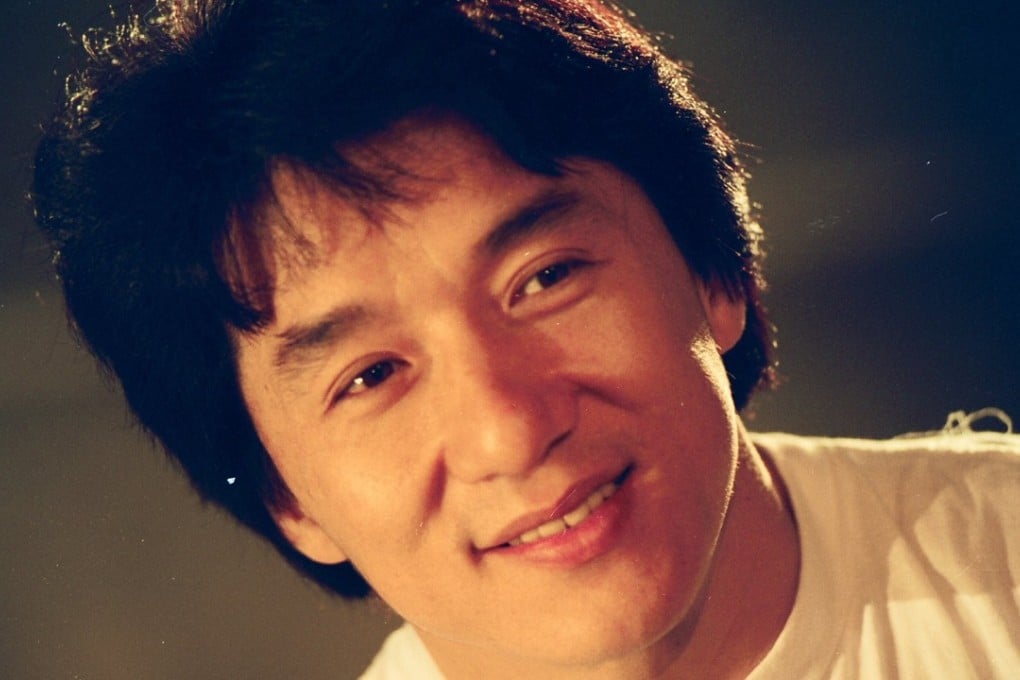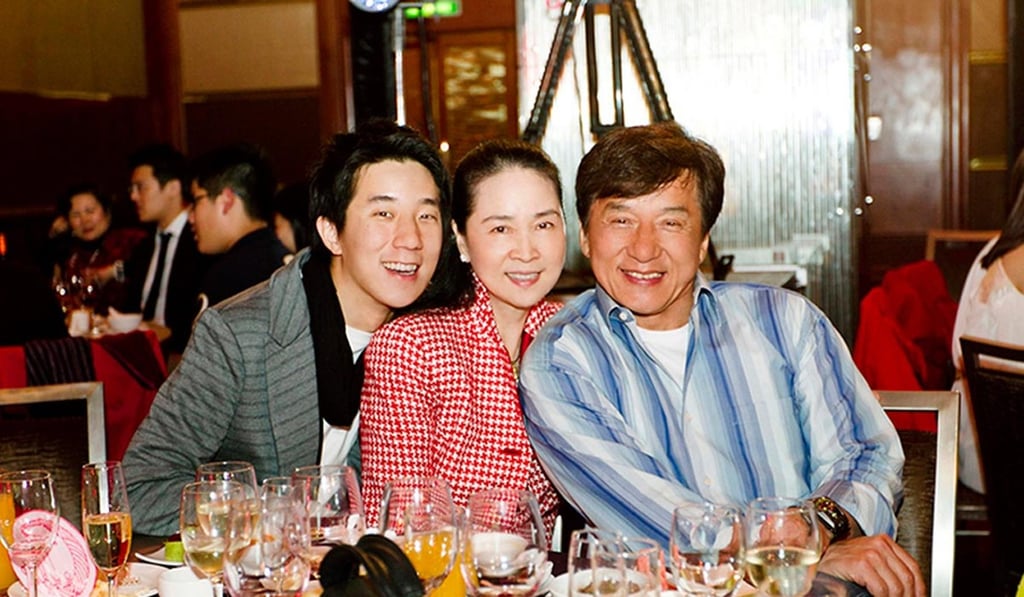Opinion | Sympathy for Jackie Chan: in defence of a damaged man
- Chan’s difficult childhood and lack of self-esteem may have played a part in his actions
- His memoirs gloss over details about the good things he has done

He cheated on his wife. He abandoned the child he had with his mistress. He threw his young son across a room. He regularly drove while drunk. He gambled and visited prostitutes.
After reading the many depressing admissions in his memoir, Never Grow Up, how could anyone have any sympathy for Jackie Chan? Well, hear me out.
Like Michael Jackson – another star whose artistic achievements have been overshadowed by his private life – Chan was robbed of his childhood. After being held back in his first year of primary school, Chan’s parents sent him to the China Drama Academy boarding school in Lai Chi Kok.
He was seven years old. He would live there for the next 10 years, following a routine that he describes in Never Grow Up: “Wake up at 5am for breakfast. Practise kung fu until noon. Lunch. Practise until dinner at 5pm. Dinner. Practise until bedtime at 11pm. Do it again the next day.”

As the child of poor servants who worked at the French consulate, Chan was bullied by children from wealthier families. By the time he left the academy as an illiterate 17 year old, Chan felt abandoned, unwanted, ashamed of his poor background and gripped by insecurity – the feeling that he was not “good enough”.
Of all the revelations from his past, one quote in particular stood out for me: “When I was a lowly martial artist, I’d often walk by the Peninsula hotel and gaze in the window and feel small, like I didn’t deserve to set foot in there.”
